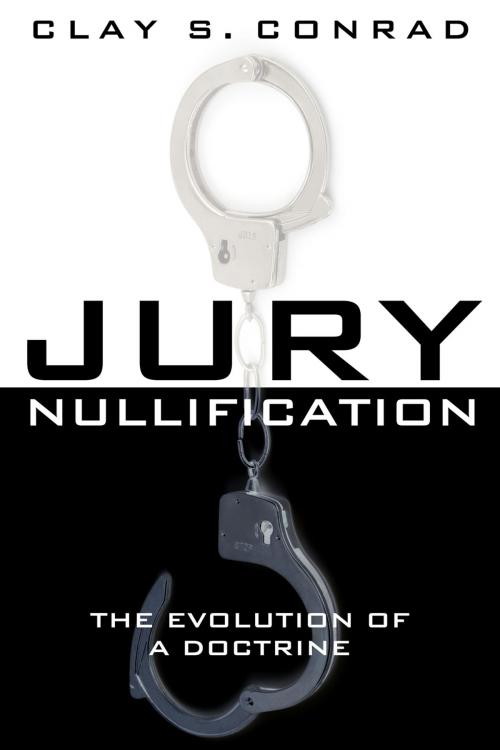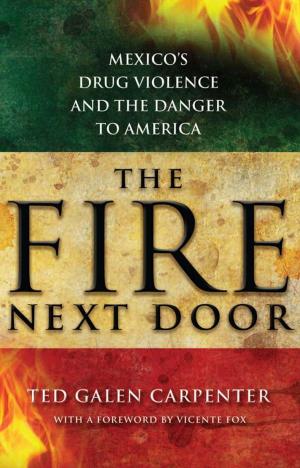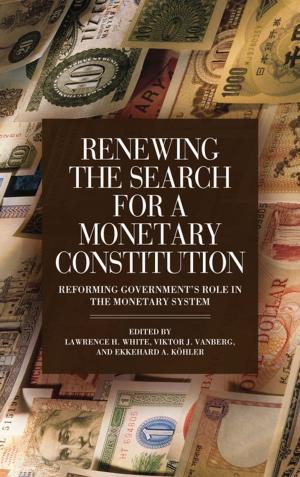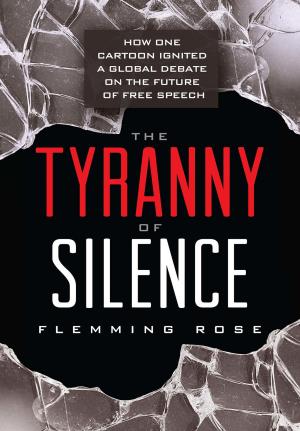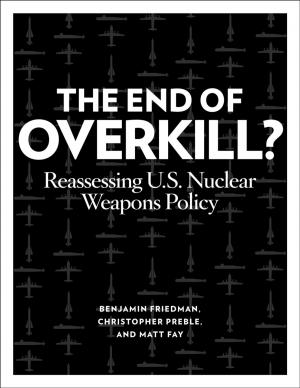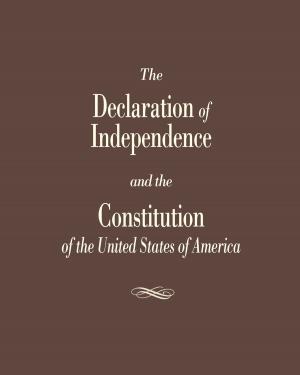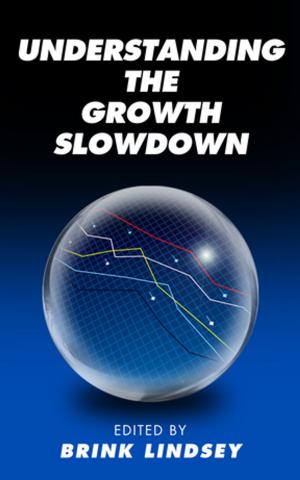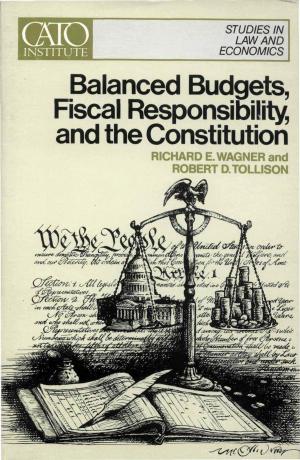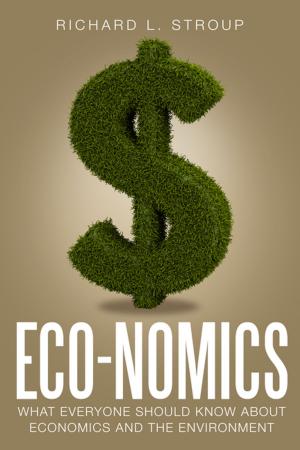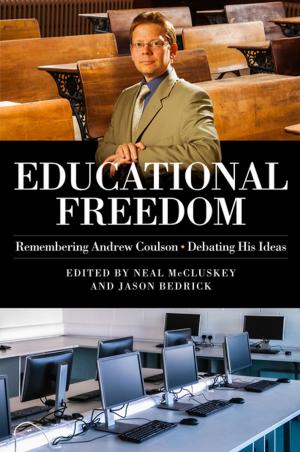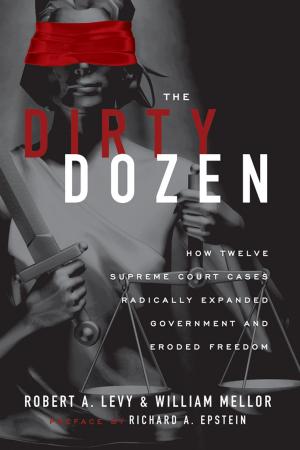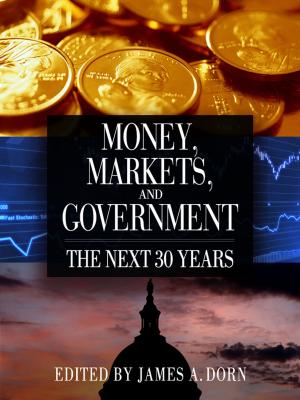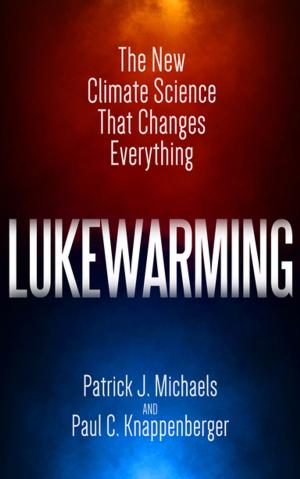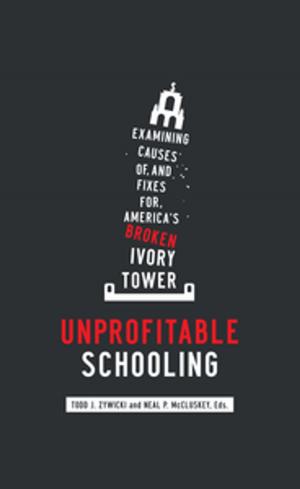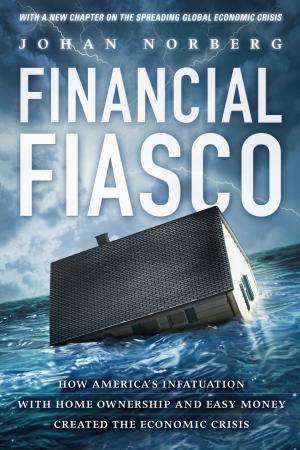Jury Nullification
The Evolution of a Doctrine
Nonfiction, Reference & Language, Law, Jury, Legal Education, Criminal law| Author: | Clay S. Conrad | ISBN: | 9781939709011 |
| Publisher: | Cato Institute | Publication: | December 5, 2013 |
| Imprint: | Cato Institute | Language: | English |
| Author: | Clay S. Conrad |
| ISBN: | 9781939709011 |
| Publisher: | Cato Institute |
| Publication: | December 5, 2013 |
| Imprint: | Cato Institute |
| Language: | English |
The Founding Fathers guaranteed trial by jury three times in the Constitution—more than any other right—since juries can serve as the final check on government’s power to enforce unjust, immoral, or oppressive laws. But in America today, how independent can a jury be? How much power does a jury have to not only judge a defendant’s actions, but the merits of the law? What happens when jurors decide in criminal trials not to enforce the law or not to convict a defendant if they conclude it would be unjust? This classic book, originally published 15 years ago and now brought back into wide national view by the Cato Institute, answers these questions by taking readers through a history of jury independence and exploring the range of powers a jury can undertake in ensuring justice and fairness in our cherished legal system.
The Founding Fathers guaranteed trial by jury three times in the Constitution—more than any other right—since juries can serve as the final check on government’s power to enforce unjust, immoral, or oppressive laws. But in America today, how independent can a jury be? How much power does a jury have to not only judge a defendant’s actions, but the merits of the law? What happens when jurors decide in criminal trials not to enforce the law or not to convict a defendant if they conclude it would be unjust? This classic book, originally published 15 years ago and now brought back into wide national view by the Cato Institute, answers these questions by taking readers through a history of jury independence and exploring the range of powers a jury can undertake in ensuring justice and fairness in our cherished legal system.
